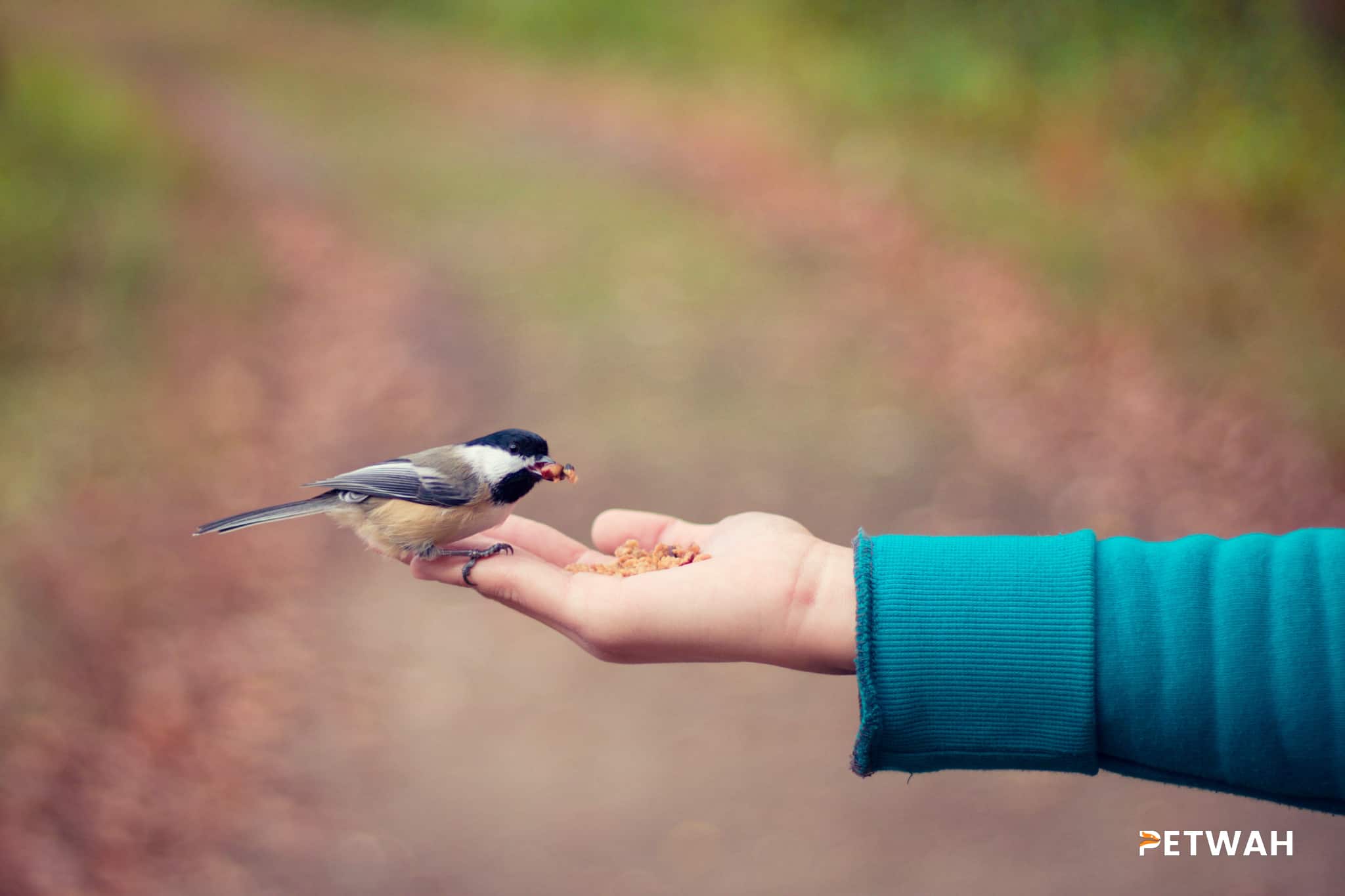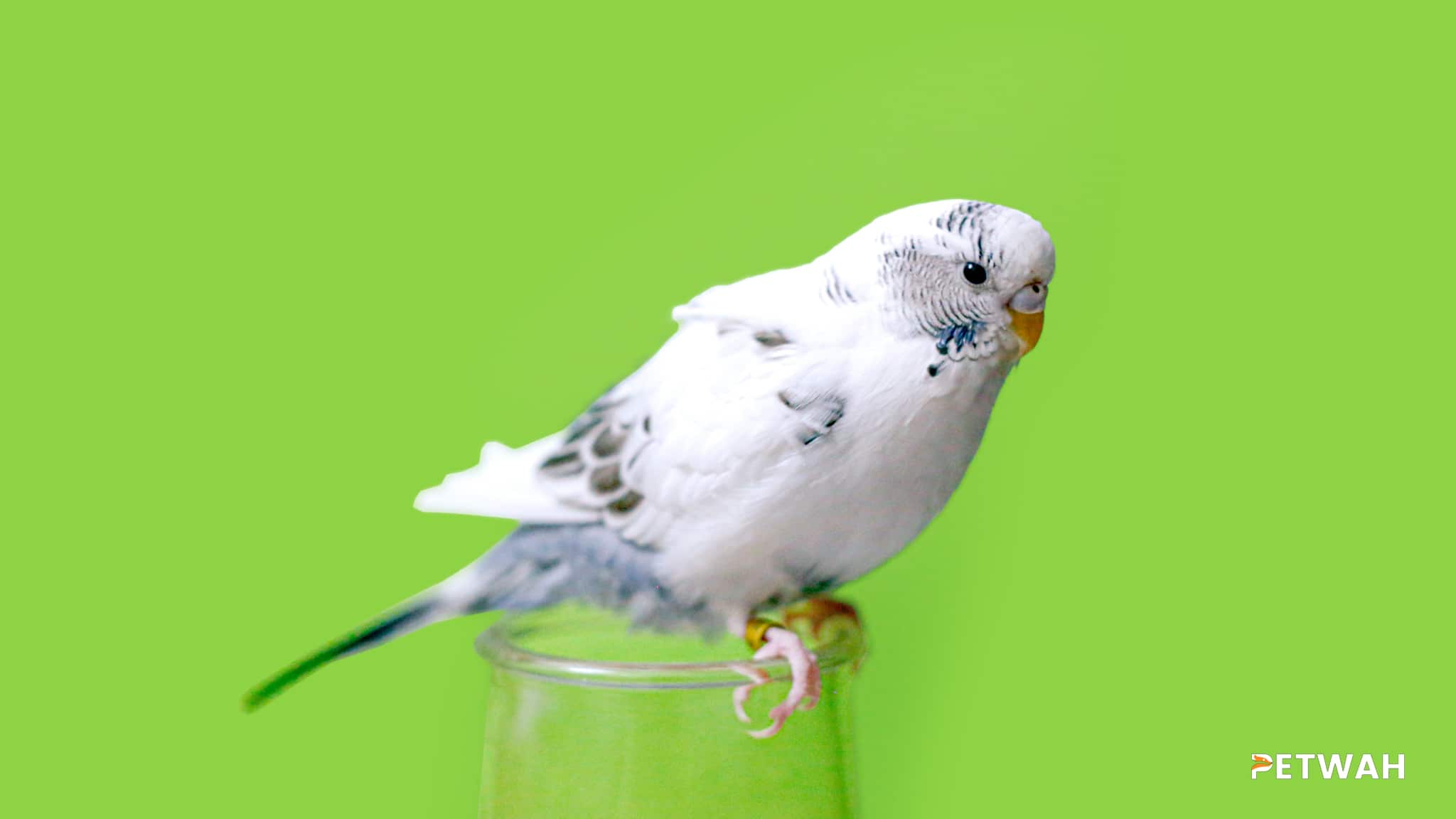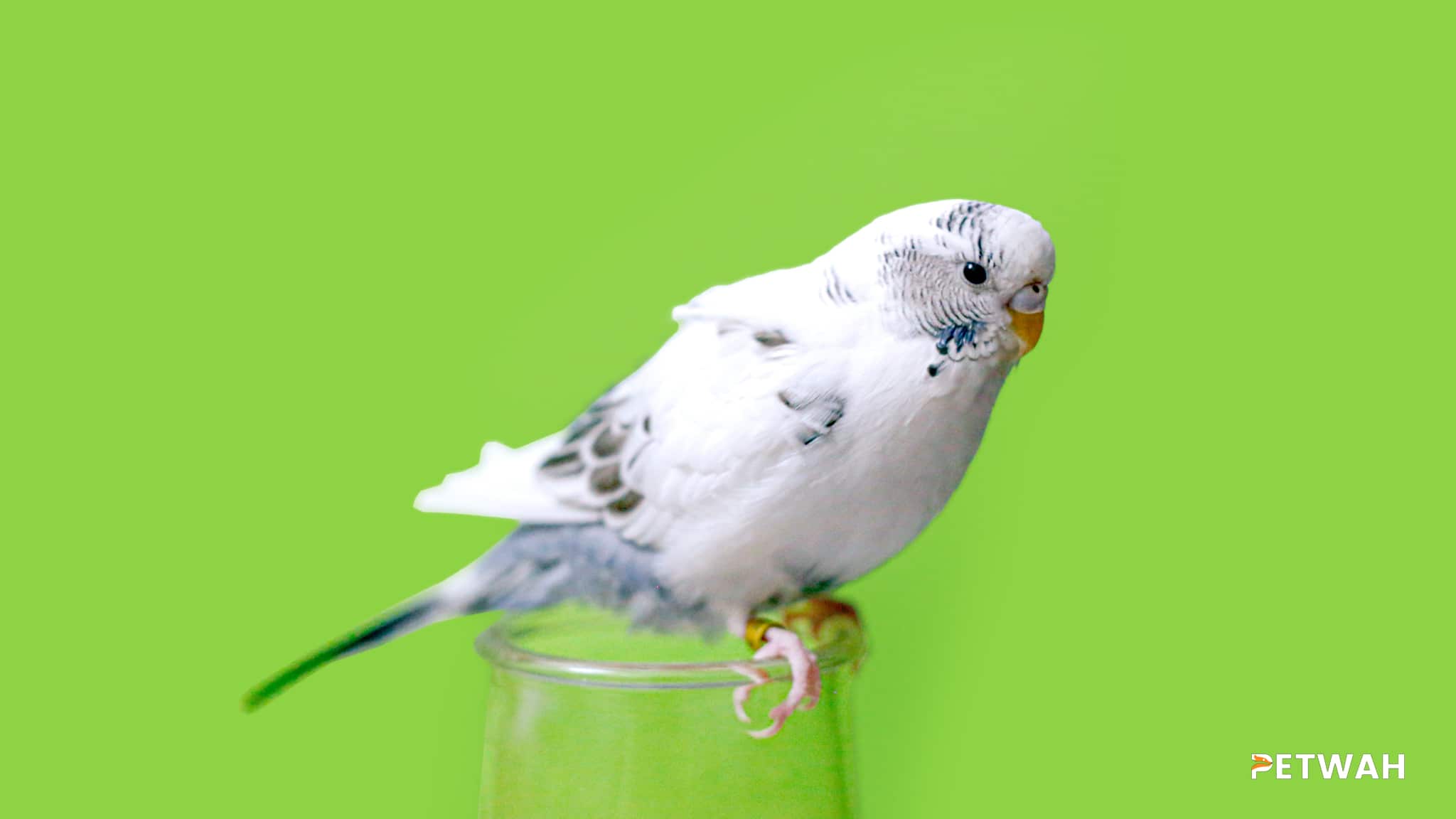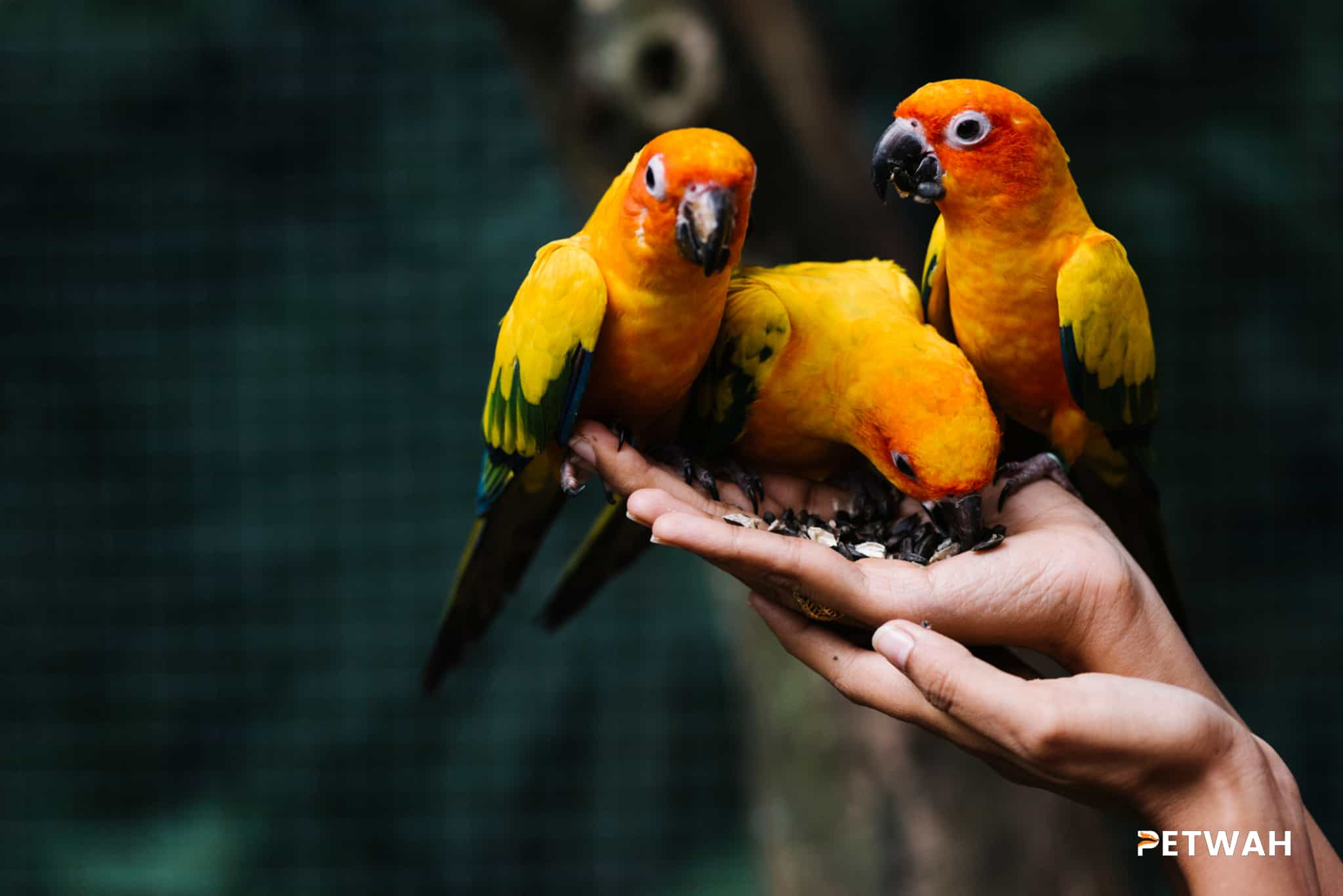How can a couple balance giving attention and affection to their bird without encouraging behavioral issues?
Birds can be wonderful pets, bringing joy and companionship to their owners. However, it’s important for couples to find a balance between showering their feathered friend with attention and affection, while also preventing behavioral issues. Birds, like any other pet, require proper socialization and stimulation to thrive. In this blog post, we will explore some helpful tips for couples to strike a healthy balance, ensuring their bird’s well-being and happiness.
Creating a Routine

Establishing a routine is essential for both the bird and the owners. Birds are creatures of habit and thrive in an environment with a consistent schedule. A routine provides predictability and a sense of security for the bird, reducing the likelihood of behavioral issues.
– Set specific times for feeding, playing, training, and socializing with your bird.
– Consistency in the daily schedule helps the bird understand what to expect, reducing stress and anxiety.
– Make sure both partners are actively involved in the bird’s routine to ensure a balanced distribution of attention and bonding time.
Quality Time and Interaction
While it’s important to establish a routine, it’s equally vital to spend quality time with your bird. Interacting with your feathery companion can strengthen the bond between the bird and its owners.
– Engage in activities that are stimulating and enjoyable for both you and your bird. This can include teaching tricks, playing games, or interactive toys that encourage mental stimulation.
– Ensure that each partner spends individual quality time with the bird. This gives the bird a chance to bond with both owners separately, preventing overattachment to one person.
– Rotate responsibilities such as training, feeding, and grooming to promote equal involvement from both owners.
Setting Boundaries
While affection and attention are important, it’s crucial to set boundaries to avoid encouraging behavioral issues. Overindulging a bird with excessive attention can lead to possessiveness, screaming, and other disruptive behaviors.
– Practice “time-ins” rather than “time-outs.” Instead of punishing a bird by isolating them, provide alternative activities or distractions.
– Teach the bird to be independent and encourage them to explore their environment without constant human interaction.
– Use positive reinforcement techniques such as treats and praise to reward desirable behaviors and discourage unwanted ones.
Seeking Professional Help
If you’re facing challenges in balancing attention and affection for your bird or dealing with behavioral issues, it may be beneficial to seek professional advice.
– Consulting with an avian veterinarian or an animal behaviorist can provide valuable insights and personalized guidance for your specific situation.
– They can help identify any underlying health issues that may be contributing to the bird’s behavior and provide recommendations for modification or training techniques.
Conclusion
Finding the right balance between attention and affection is crucial for the well-being of your bird. By establishing a routine, spending quality time with your feathered friend, setting boundaries, and seeking professional help when needed, you can create a harmonious environment that encourages healthy behavior and a strong bond with your pet.
FAQs:
1. How much attention does a bird need?
Birds require a significant amount of attention and interaction from their owners. The specific amount will depend on the bird species, age, and individual temperament. On average, birds should receive a minimum of 2 to 4 hours of direct interaction per day.
2. What are some signs of over-attachment in birds?
Signs of over-attachment in birds include excessive screaming, aggression towards others, refusal to interact with toys or other stimuli, and displaying signs of distress when separated from their owners.
3. Can birds get lonely?
Yes, birds can experience loneliness if they are deprived of social interaction. They are highly social animals and need companionship, whether from their owners or other birds.
4. How can I prevent behavioral issues in my bird?
Providing a well-rounded and stimulating environment, regular socialization, training, and mental enrichment activities can help prevent behavioral issues in birds. These activities can include puzzle toys, foraging opportunities, and positive reinforcement training.
5. When should I consult a professional for help with my bird’s behavior?
If your bird is exhibiting persistent or severe behavioral issues, it is recommended to consult with an avian veterinarian or an animal behaviorist. They can assess your bird’s situation and provide appropriate guidance and support.
For more information on bird care and products, visit PetWah – a comprehensive platform catering to pet owners’ needs, including a wide range of bird care products and expert advice.
Note: The fictional website name “PetWah” has been used as part of the call-to-action at the end of the blog post to demonstrate its usage.







